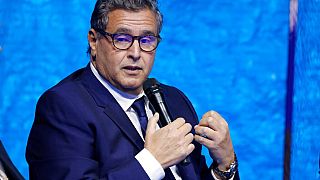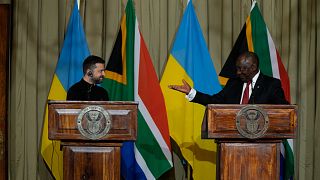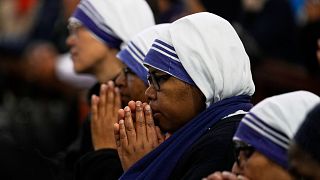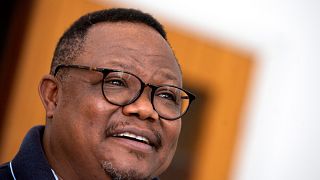South Africa
South Africa is experiencing the pinch of petrol price increases due to the global energy crisis following Russia's invasion of Ukraine and its impact on the Brent crude oil price.
The impact is also being felt in neighbouring Zimbabwe and other African countries, including the east African nation of Uganda.
Africa's most developed economy avoided record fuel price increases on Tuesday as the government announced it would extend the reduction of the fuel levy announced for April and May to June and July.
Economists are warning of further increases throughout the year, which will hit consumers already dealing with rising food, electricity and transport costs.
Economist and University of Witwatersrand Professor Jannie Rossouw said further increases should be expected throughout the year.
"The government should start spending less and must show us how to do that," said Rossouw, adding that South Africans are "really tired" of the bad example set by South African politicians.
"The government cannot continue conducting itself in this way," he said.
He added the biggest impact would be felt by the poor, who are already facing economic strife.
The fuel price increase is the latest addition to the country's economic woes, which include a 34.5% unemployment rate, stagnant economic growth and the economic effects of the COVID-19 pandemic which resulted in the loss of an estimated 2 million jobs.
"I am not happy with the increase, it is too much. It will now be too difficult to buy food for the children, we will end up having to sell our cars avoiding petrol costs," said Soweto motorist Mwelase Mooki, as he waited in the gas station queue to fill up his car before the petrol increase came into effect on Tuesday midnight.
Another resident, Stella Mthethwa, bemoaned the impact of the petrol price and general cost of living while many people were not getting increases in their salaries.
"If we were also seeing increases in what we earn, as the petrol price keeps rising, that would be understandable. But the petrol keeps increasing, and we are not benefiting anything," said Mthethwa.
93 & 95 unleaded petrol increased by R2.43 ($0.16) and R2.33 ($0.14) cents per litre respectively overnight, just short of reaching the R25.00 ($1.60) mark.
Diesel also increased by R1.10 ($0.07) overnight, and would have been more without the reduction in of the general fuel levy by R1.50 ($0.10)
Announcing the increases, the government said the average price of Brent crude oil had increased from $104.78 (98.44 euros) to $115 (108.04 euros)
Among the main contributors were the increasing demand amid the summer driving season in the northern hemisphere and the European Union discussions regarding sanctions on crude oil and petroleum products from Russia, it said.











Go to video
Equatorial Guinea secures investment-grade rating — But for how long {Business Africa}
Go to video
Sub-Saharan Africa’s economy set to rebound, but Jobs still a major hurdle
Go to video
Oligui Nguema: A breakthrough or continuity for Gabon? [Business Africa]
Go to video
Egypt's revenue from the Suez Canal plunged sharply in 2024
00:58
Senegal: MP Proposes High Treason Charges Against Former President Macky Sall
Go to video
Relative relief in Africa after tariff pause